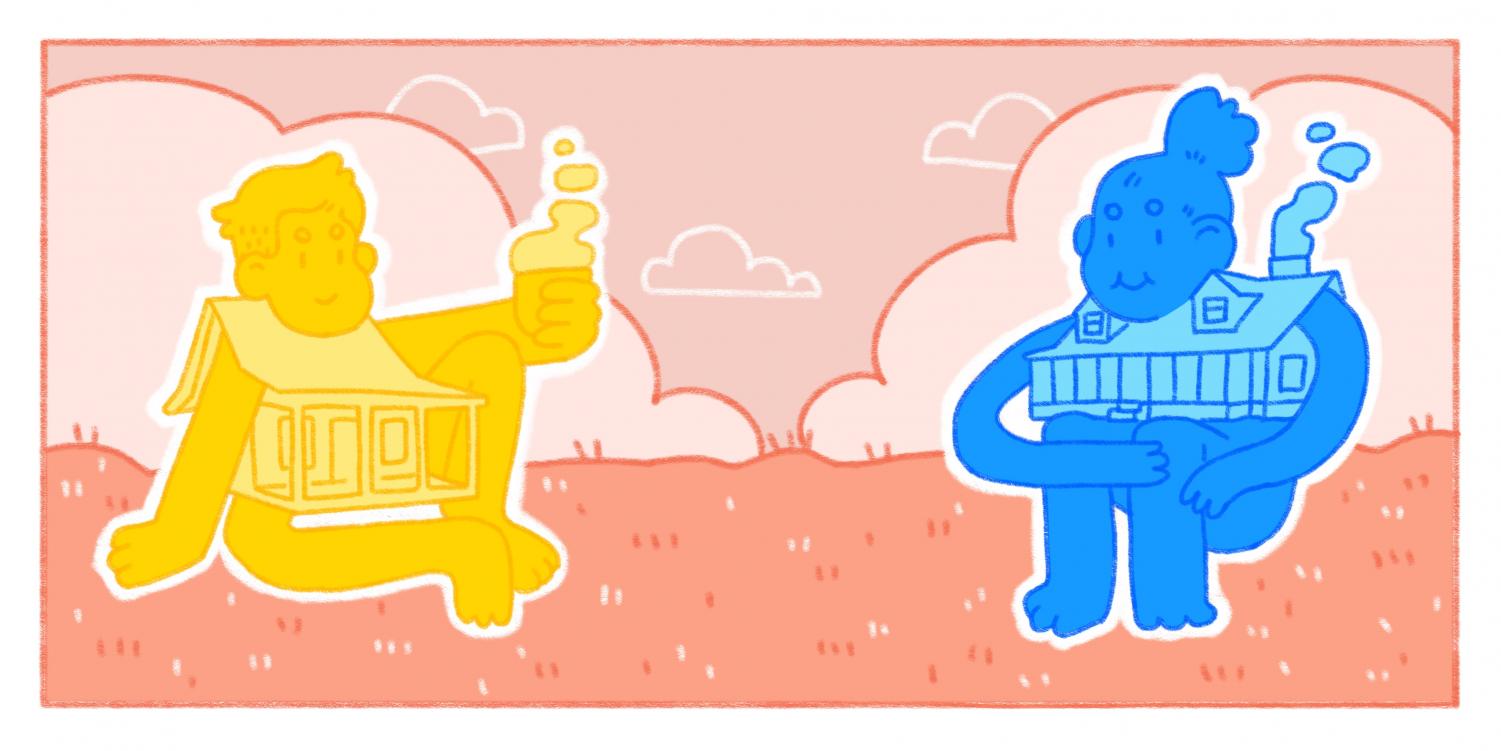OPINION | Vaccine raises moral questions

The conditions of life under the COVID-19 pandemic have already begun a quick and drastic alteration. A little over a year since Tulane University students were sent frantically packing their bags to be shuffled into quarantine for an unspecified amount of time, Tulane students have only just gotten used to the restrictions and safety precautions that now define a post-COVID-19 America.
With a momentum comparable to its arrival, COVID-19 is under siege thanks to the advent of several vaccines that have been released for public use. With several vaccines now on the market, myriad questions and concerns are circulating amongst citizens across the nation. The most salient of these considerations: when can we return to life as it once was? And what does that look like?
Certainly, life exactly as it once was is no longer accessible. International policy and heath protocols will invariably be colored by the memory of this past year. Nevertheless, the vaccine signals a turning point, but the path beyond the turn is yet unclear. As with any situation of this scale, but especially those relating to the health and safety of ourselves and others, morality is an important consideration.
With regard to the COVID-19 vaccine, considerations of morality, that is the morality of returning to a previous way of life, supersede considerations of time, quantity or practical limitations. In other words, the return to pre-COVID-19 life in any capacity is contingent on agreements of morality. After what amount of time can people stop wearing masks? When will limits be lifted for gathering sizes? When will travel be normal again? Empirical and rational evidence indeed provide a guide as we transition into a new way of life, despite their inability to quantify moral considerations.
As of March 24, 2021, 14% of the U.S. population is fully vaccinated with one of the three vaccines currently authorized by the Center for Disease Control and Prevention. Moreover, 26% of the population has received at least one dose of one of the vaccines. Since the first dose of the vaccine was administered on Dec. 15, 2020, the daily vaccine administration rate has increased exponentially.
Scientists researching the spread of COVID-19 and the effectiveness and distribution of the vaccine estimate that approximately 70-85% of the American population must be vaccinated to significantly deter the spread of COVID-19. This final statistic is the most appreciable in terms of an indication as to when pre-COVID practices will resume. Still, considerations of morality remain: does 70-85% of the population need to be fully vaccinated before society will have any semblance of “normalcy?” What population comprises this 70-85%?
As with the advent of protective health and safety procedures, so too their elimination should be gradual and conditional. Considering the Tulane community as a microcosm for American society at large, then the implications of petering out COVID-19 restrictions are significantly more pertinent. While vaccines are becoming available to most students and Tulane affiliates, Tulane’s vaccine supply is still quite limited and so the university has stipulated that all undergraduate students must still be tested twice a week. An increasing number of Tulane students and affiliates are being vaccinated and those who are not are still being closely monitored to ensure that the virus does not continue to spread throughout the community.
As vaccines will only become increasingly available and the spread is controlled in the meantime, there are certainly regulations that should begin to be lifted. For example, in this controlled system, perhaps limits on gathering size can increase or even be waived. If all students, as ensured by the university’s testing demands, are negative or vaccinated for COVID-19, any number of healthy people should reasonably be permitted to gather. Indeed, some regulations, such as travel restrictions, are still valid, but other restrictions should be subject to alteration.
Ultimately, however, the Tulane community is a closed system; it is not a microcosm for American society at large. Discrepancies of access, money and quantity permeate discussions about the COVID-19 vaccine in the U.S. Questions of morality regarding returning to pre-COVID life are the result of incongruence between the experiences and situations of all American citizens. Fortunately, Tulane students will likely have access to the vaccine before other American citizens in less advantageous circumstances.
Is it moral, then, for Tulane students to resume life as normal when access to this blissful nostalgia is not collective? Unified more than ever before under the unfortunate circumstances of the COVID-19 pandemic, it is absolutely the responsibility of citizens, American and global, to remember the universal hardships that befell us and ensure that our eagerness for normalcy does not divide us as we transition to a new way of life.

Your donation will support the student journalists of Tulane University. Your contribution will allow us to purchase equipment and cover our annual website hosting costs.


